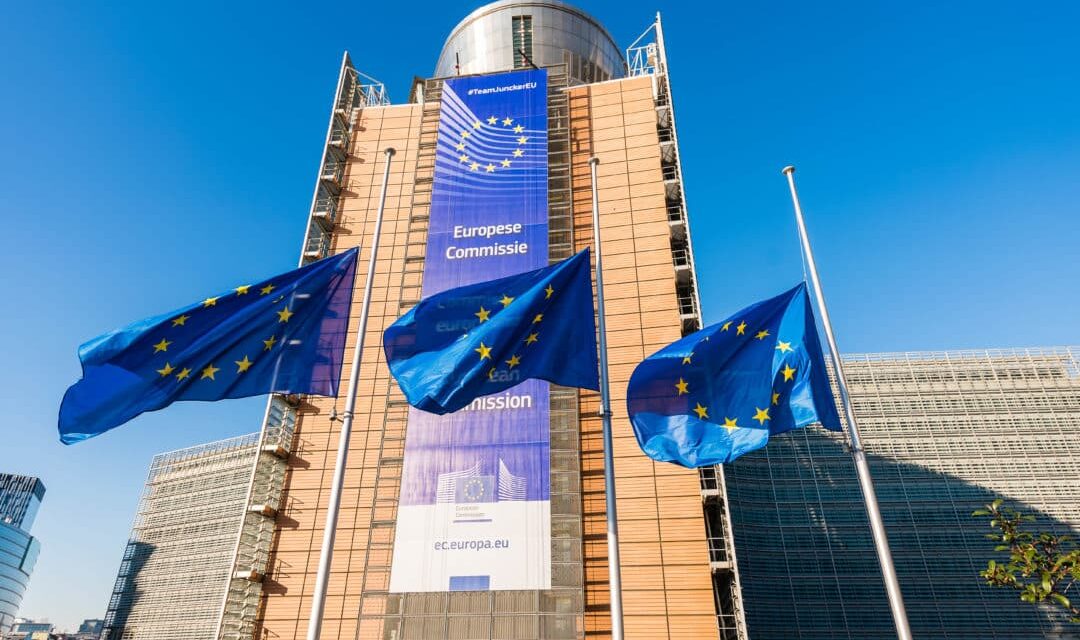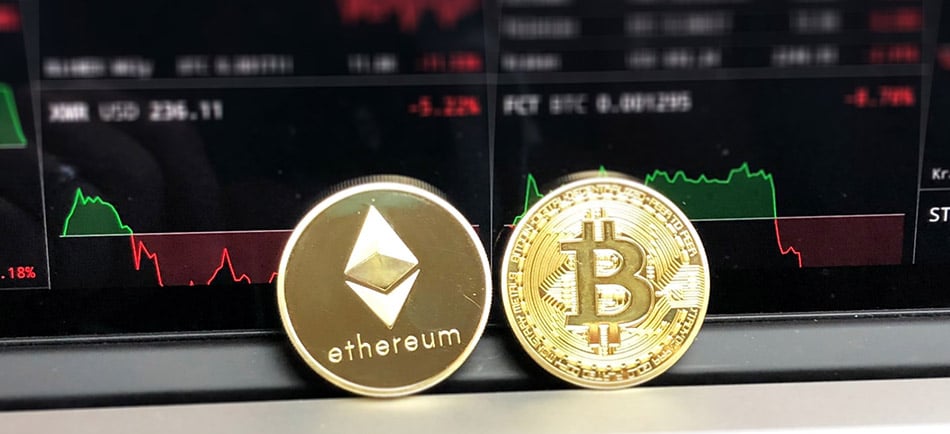It’s possible that the European Union will soon be stepping up regulations on cryptocurrencies and other forms of decentralized finance (DeFi.)
The European Commission’s Directorate-General for Financial Stability, Financial Services and Capital Markets Union has called upon the region’s financial experts to study the possibility of embedding supervisory protocols on cryptos, specifically the Ethereum blockchain.
The aforementioned study is expected to take around fifteen months at the cost of around 250,000 euros and will specifically focus on the development of a built-in feature that will essentially supervise transactions conducted in DeFi frameworks. The study will also deploy prototype technologies and gauge their feasibility for general use in the region.
This call for real-time monitoring of the Ethereum blockchain comes at the heels of the recently-passed Markets in Crypto Assets (MiCA) Bill, which the European Parliament ratified into law on Monday, October 10th.
MiCA will be the basis for creating an over-arching regulatory framework for digital assets traded within the EU. The said framework will include cryptocurrency-centric marketing guidelines, as well as legislation meant to protect the rights of investors.
This isn’t the first time this year that the European Commission has sought to regulate the DeFi sector within the region. Last June, the European Parliament finalized its guidelines regarding money laundering specifically for cryptocurrencies.
Why Does the EU Want to Regulate DeFi Assets and Protocols?
One key reason why heftier regulation of cryptos is set to become a reality is the recent spate of fraudulent incidents, token crashes, and general instability which has plagued the cryptocurrency sector over the past several months.
For one thing, many DeFi apps are both extremely unstable due to their novel nature and are particularly prone to hacks. For another, many who were previously interested in investing in cryptocurrencies have been put off by the crash of the Luna stablecoin and the erratic fluctuations in the values of Bitcoin and Ethereum earlier this year.
That said, this automated supervisory data gathering initiative featuring the Ethereum blockchain is expected to generate relevant information to help experts develop tools to properly track real-time trading activity on DeFi applications. This also enables the authorities to properly assess if even more stringent regulatory measures are required to police this niche of the financial sector.
Likewise, it is possible that the reporting burden of active investors and brokers may be reduced significantly if the EU can get relevant information straight away from public blockchain data.














